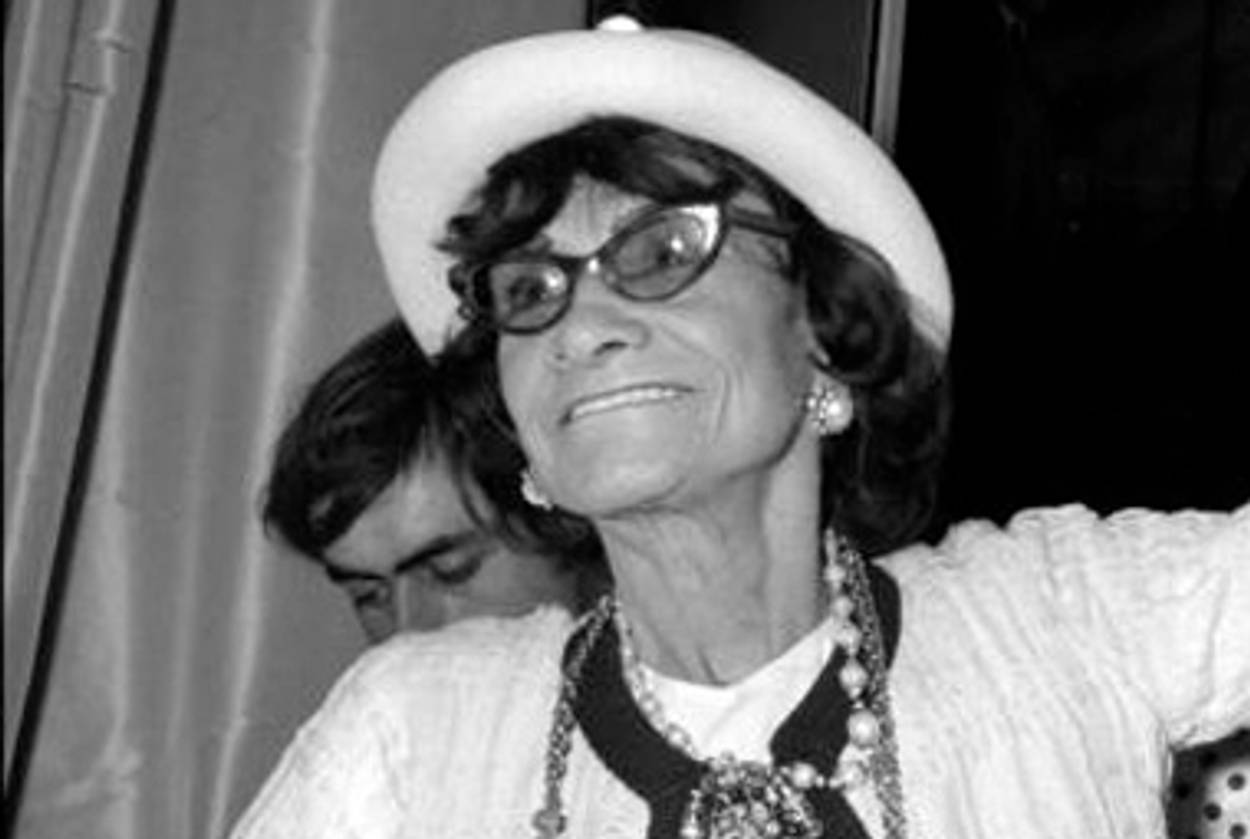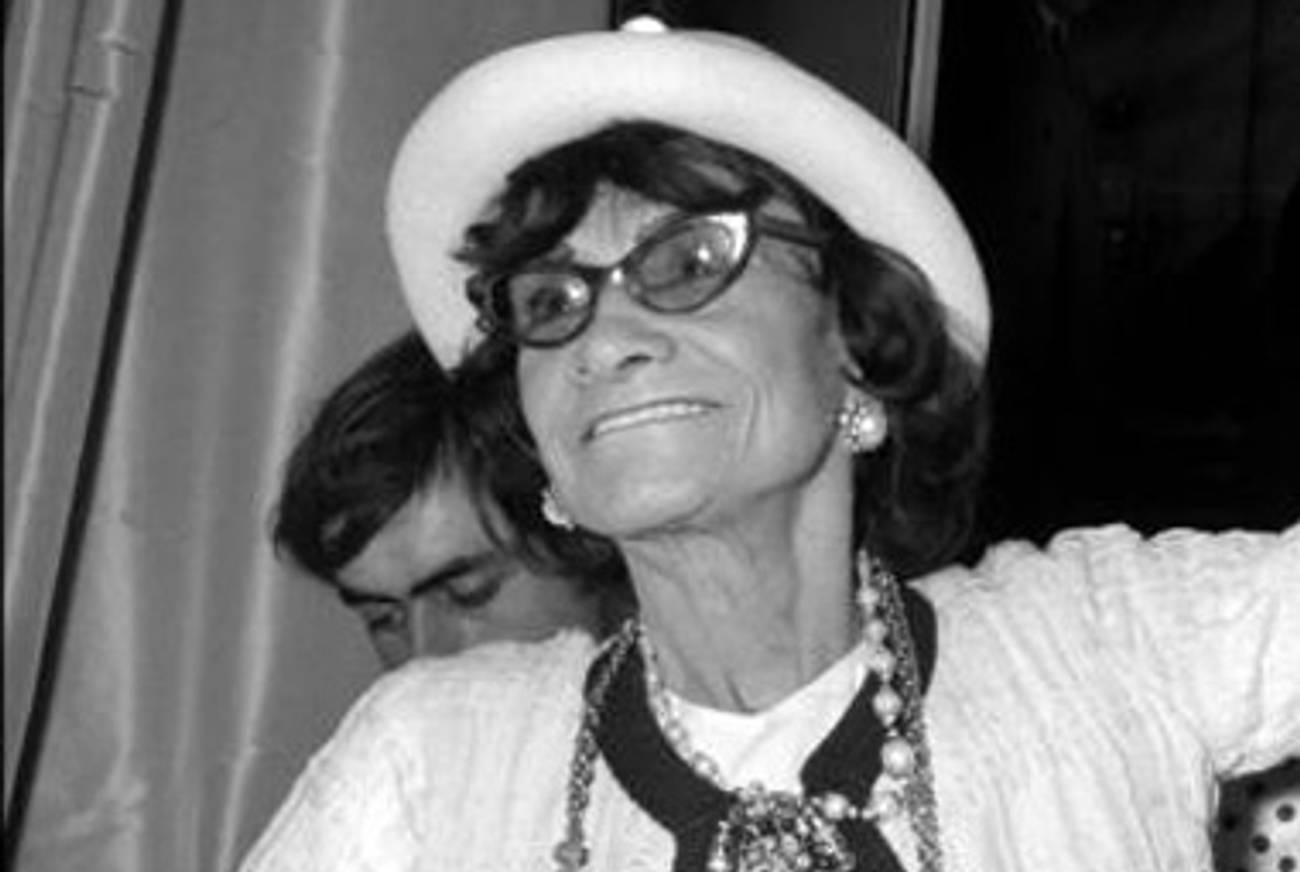Coco Not Cuckoo for Jews
New book says Chanel’s anti-Semitism was ingrained




It’s no news that the great French designer Coco Chanel was a Nazi sympathizer. This is frequently explained by the fact that she lived openly with the German intelligence analyst Baron Hans Gunther von Dincklage in the Ritz during the occupation of Paris and that, as she herself put it, “Really, sir, a woman at my age cannot be expected to look at his passport if she has a chance for a lover.”
That’s not going to fly following revelations in a new book that Chanel’s Nazi sympathies, and more specifically her anti-Semitism, were as ingrained as her love for the little black dress. The new book apparently reports that Chanel was “fiercely anti-Semitic long before it became a question of pleasing the Germans. She became rich by catering to the very rich, and shared their dislike of Jews.” After the war, of course, France prosecuted her for directly participating in German spy operations did nothing about the fact that she was a German operative during the occupation.
Writing on the occasion of John Galliano’s recent Jewish problems, contributing editor Rachel Shukert hypothesized that high-end fashion intrinsically lends itself to anti-Semtism:
its integral philosophy is based on a principle of exclusivity. Fashionistas may indeed have a keen eye for beauty, but for many (and I shamefully include myself in this number) the true frisson comes less from an appreciation for innovative design or admiration for glorious craftsmanship than from the mean, malignant, but deeply satisfying sense of superiority in having a handbag that costs as much as an emergency appendectomy or being able to wriggle neatly into a sleek size 2 (or, more elusively, an Italian 38, since everyone knows how American designers are bullied into cutting generously for their vain customers). You are rich (or look like you are, which is almost as good); you are thin, and those are the two things that legendary fashion icon and notorious Nazi-sympathizer Wallis Simpson, the Duchess of Windsor, said you can never be too much of, and therefore you are better, fancier, more deserving than the lumpen undesirables relegated to the downstairs cosmetics counter in the metaphorical department store of life.
New Book Says Coco Chanel Was ‘Fiercely’ Anti-Semitic [JPost]
Related: Fashion’s Fascists [Tablet Magazine]
Marc Tracy is a staff writer at The New Republic, and was previously a staff writer at Tablet. He tweets @marcatracy.